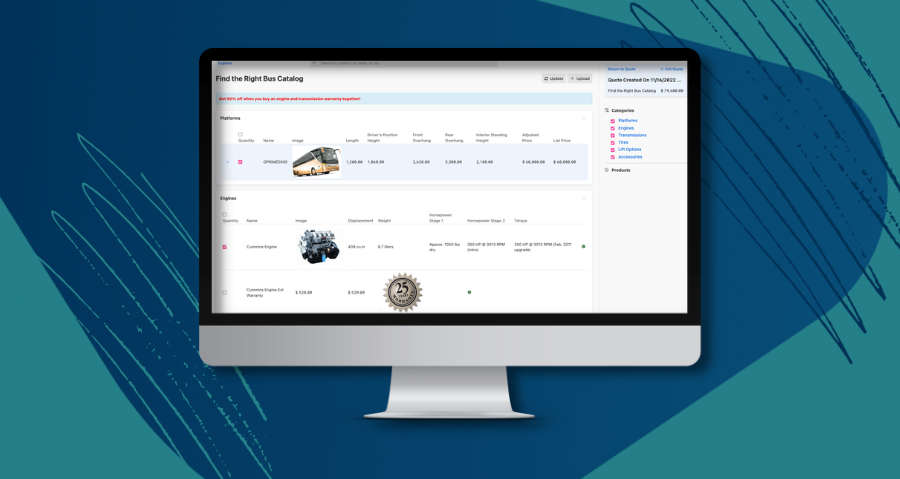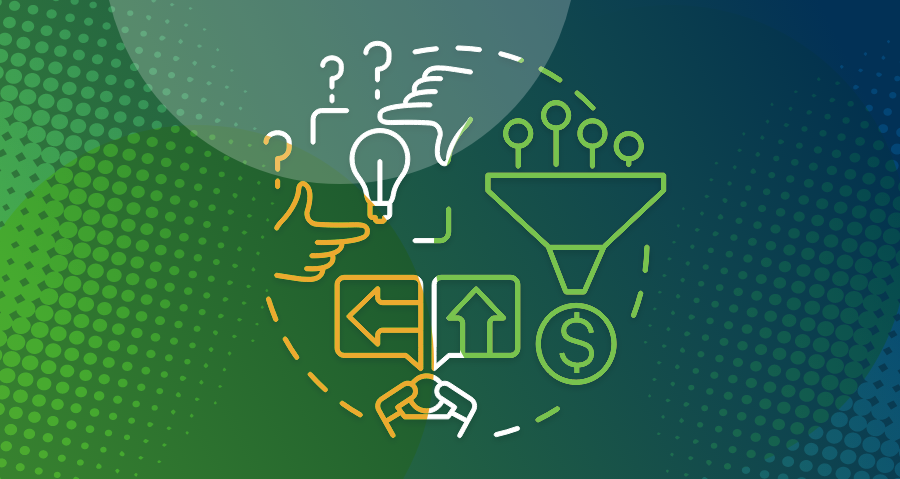What is Enterprise Resource Planning (ERP)
The term ERP refers to enterprise resource planning. This is a process widely used by companies in a number of different industries, to manage and integrate different parts of the business.
ERP systems combine numerous important business processes, allowing the transfer of data between them. This provides opportunities to save time and optimise different processes, in order to improve overall performance.
Specially designed ERP software allows companies to manage everything from accounting and procurement to project management, risk management and compliance. And it’s all done through a single dashboard. This means that businesses can optimise supply chain operations and make improvements in time-saving and cost-cutting alike.
ERP software can also be used to help companies plan for the future, set strategies, make predictions, analyse their success and report on performance. The tools it provides are now proving invaluable for companies of all sizes, in all sectors.
The Benefits of ERP
The benefits of ERP software are enormous. Once companies start using it they soon begin to see it as indispensable. Take a look at some of the key advantages of adopting ERP for your business.
Break down silos
ERP software provides the perfect way to break down silos. Teams using ERP can easily connect processes, enabling them to work together more effectively. ERP software is widely used to improve collaboration between departments and synchronise tasks amongst different teams.
Establish a single source of truth
With ERP software, there is one single source of truth. This is important in larger companies, where discrepancies in data being used in different departments can really hamper progress.
ERP software allows for better visibility over data, enabling teams to report on data with a greater level of accuracy. This in turn means improvements in planning, budgeting and forecasting.
When a company uses ERP software, it makes valuable data fully accessible to all those who need it. It’s easy for teams to access information as and when they require it, providing opportunities to improve customer and employee satisfaction alike. Response rates and efficiency can also be enhanced with the help of ERP software.
Improve productivity
Teams using ERP software can make real improvements in productivity, without having to invest any more time or effort in their work. That’s because ERP software brings teams together, encouraging them to share their knowledge and work together to achieve better results.
Smoother processes and automated workflows can be used to iron out any problematic points in the journey. ERP software eliminates many of the slow tasks that are still being done manually in businesses all over the world, automating them to free up time for employees and quickly maximise productivity.
Is your pricing and selling optimized for profitability?
Take the Commercial Excellence Maturity Assessment to discover where you fall.
When Would You Need ERP?
ERP helps to break down barriers, making huge accelerations in productivity and growth possible for many businesses. Here are a few situations which could easily be solved with the help of ERP software.
Mismatched systems
If a company is reliant on mismatched systems, it risks overlooking many of the potential opportunities that its data provides. ERP brings information from mismatched systems together, enabling teams to make full use of it far more easily.
Legacy systems hindering growth
Legacy systems can be a real obstacle to growth, particularly if a company is competing within a particularly fast-moving sector. ERP systems are easy to manage and use, and require little input from teams on a day to day basis. Employees immediately start benefiting from the upgrade, in terms of both time and workload.
Failing to meet expectations
It’s not always easy to see why some strategies fall short of their intended targets. But the answer is always there in the data. ERP systems provide cutting edge analytics tools, helping teams to understand how every decision impacts the bottom line. If any action fails to meet expectations, teams can quickly get to work on finding out why.
ERP Delivery Models
The use of ERP dates back over 100 years, to a time when an engineer named Ford Whitman Harris launched the economic order quantity (EOQ) model. This system was designed to ease scheduling in production, and quickly became the go-to model for manufacturers.
Over the years, the capabilities of ERP developed significantly, and before long it had become the highly intelligent and transformative software that businesses use today. The world’s leading companies now rely on ERP to manage a whole host of different processes, automating tasks and bringing workflows together.
ERP integration has enabled companies to connect ERP software with numerous other applications, in order to make full use of data and optimise processes. It’s particularly useful for pricing and sales teams working on CPQ, as it eliminates data silos and enables teams to quote much more quickly and efficiently.



